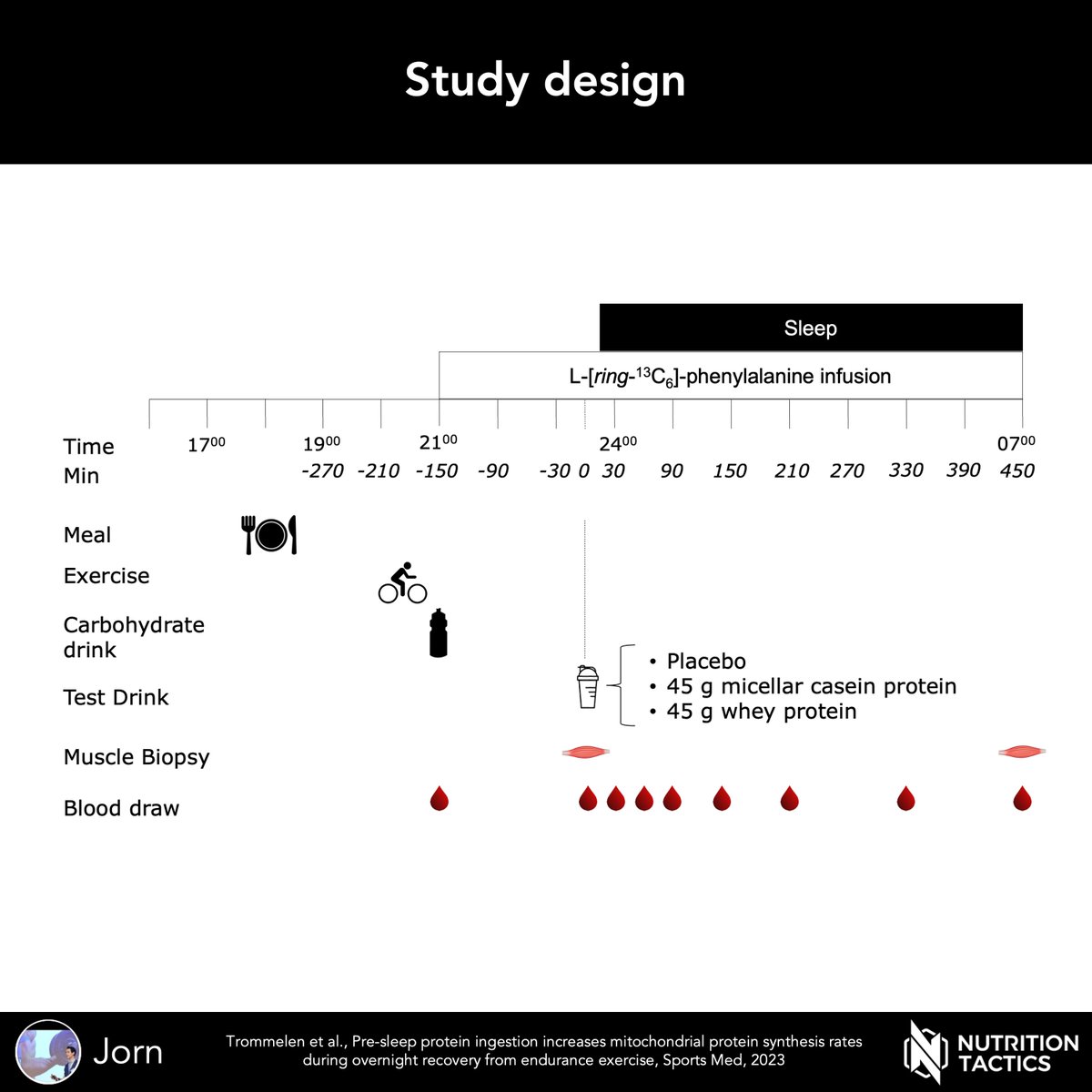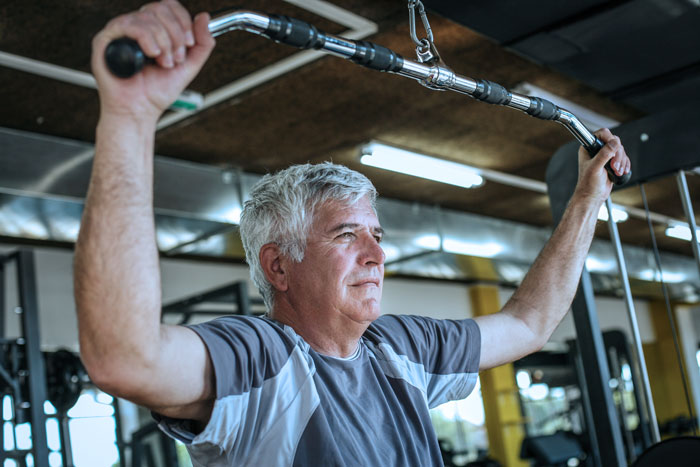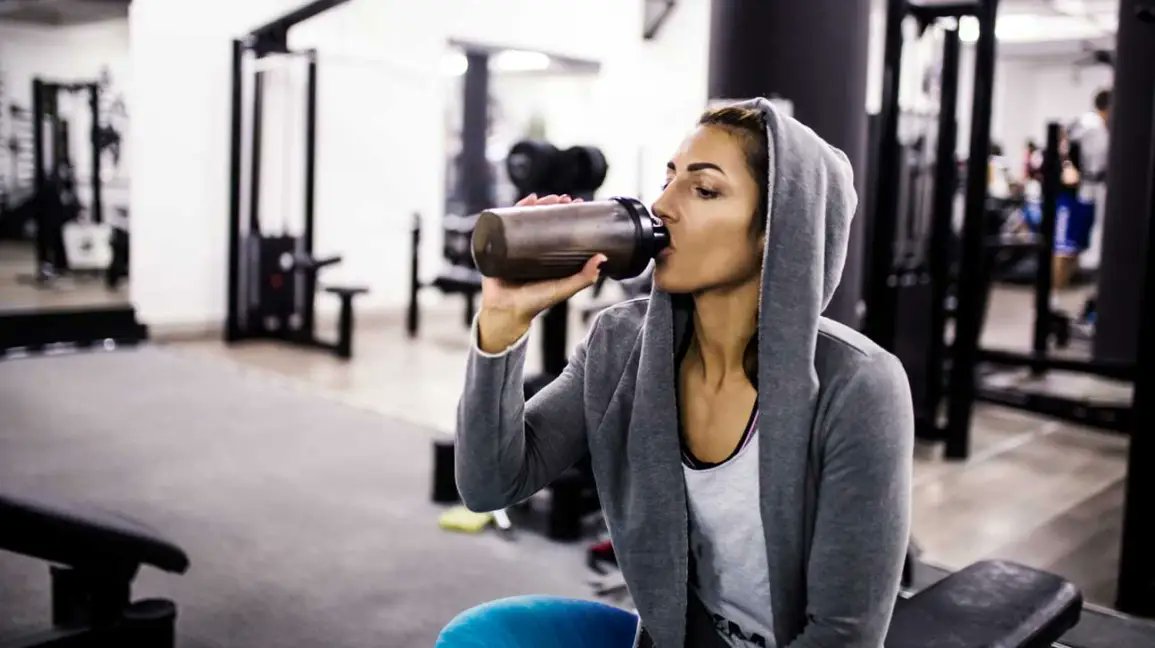
The ketogenic diet restricts carbohydrates with the purpose of lowering insulin levels. Insulin is a hormone that is involved in fat metabolism. Therefore, some suggest that a ketogenic diet is very effective for fat loss.
2/
2/

This study investigated whether a ketogenic diet increases fat loss compared to a high-carbohydrate diet in overweight and obese men.
3/
3/
The high carbohydrate and the ketogenic diet contained the same calories (individualized to the subject) and protein. After a 2 wk high carbohydrate baseline period, the subjects received a 2 wk high-carbohydrate diet, followed by 4 wks of the ketogenic diet.
4/
4/
Fat loss decreased during the first 2 wks of the ketogenic diet. Nitrogen excretion was also increased, suggesting there was an increase in the use of body protein for fuel. During the last 2 wks of the ketogenic diet, fat loss was not different from the high carbohydrate period
A massive strength of this study was that the subjects stayed in a metabolic ward, so that all meals could be provided and supervised. However, metabolic ward studies are very demanding and costly. Therefore, the study and had relatively little subjects and was relatively short. 

It is sometimes suggested that full adaptation to a ketogenic diet may take several weeks, and therefore benefits only become noticeable after several weeks. While we cannot exclude this possibility, the currently available data suggests it may just be wishful thinking.
7/
7/
This study is in line with an abundance of evidence that shows that calorie balance is the main determinant of fat loss, and that there is no clear metabolism ‘hack’.
8/
8/

In conclusion, the ketogenic diet does not increase fat loss compared to a high-carbohydrate diet.
Study:
pubmed.ncbi.nlm.nih.gov/27385608/
9/9
Did you find this useful? Please help promote the first tweet of the thread:
Study:
pubmed.ncbi.nlm.nih.gov/27385608/
9/9
Did you find this useful? Please help promote the first tweet of the thread:
https://twitter.com/JornTrommelen/status/1631688395071057923?s=20
• • •
Missing some Tweet in this thread? You can try to
force a refresh























